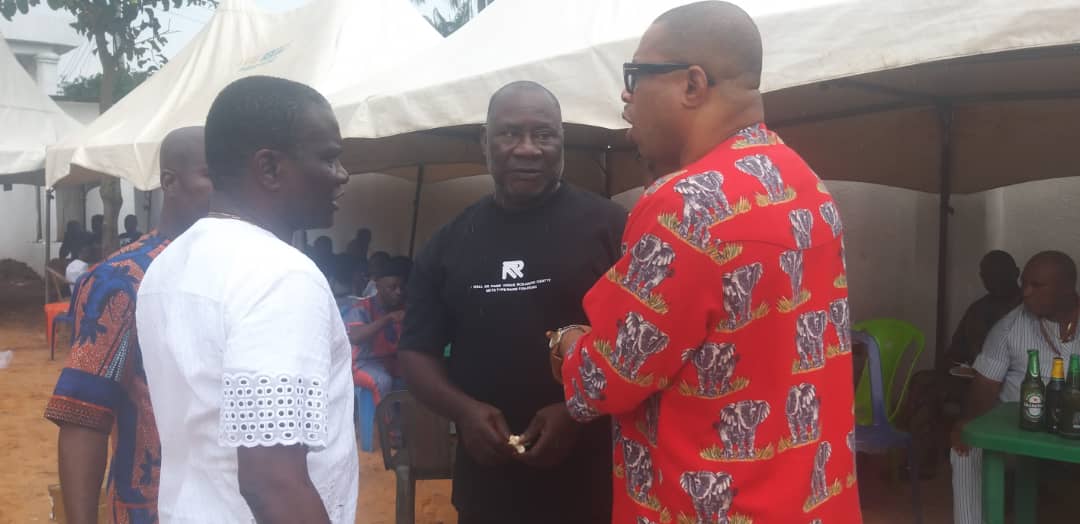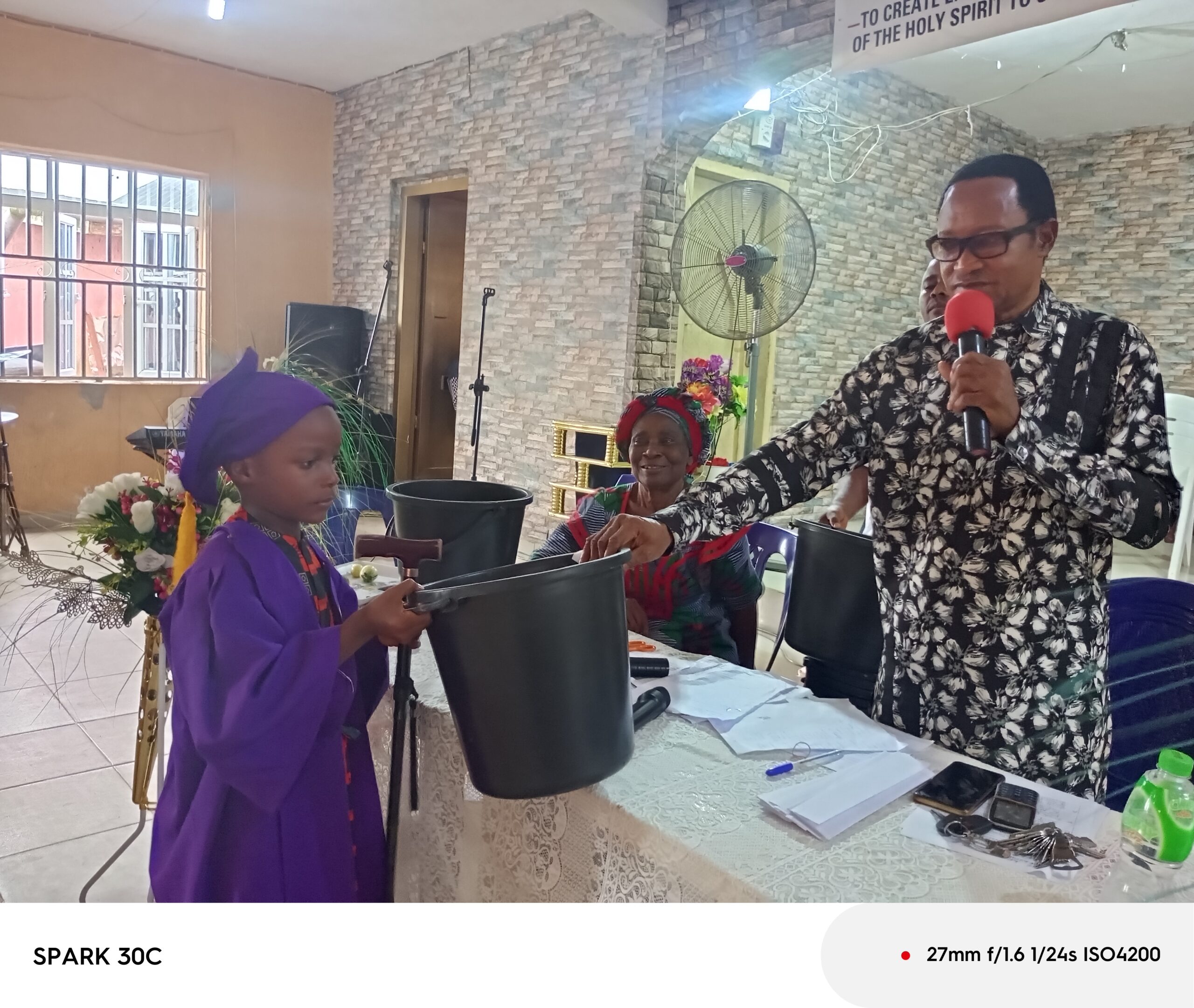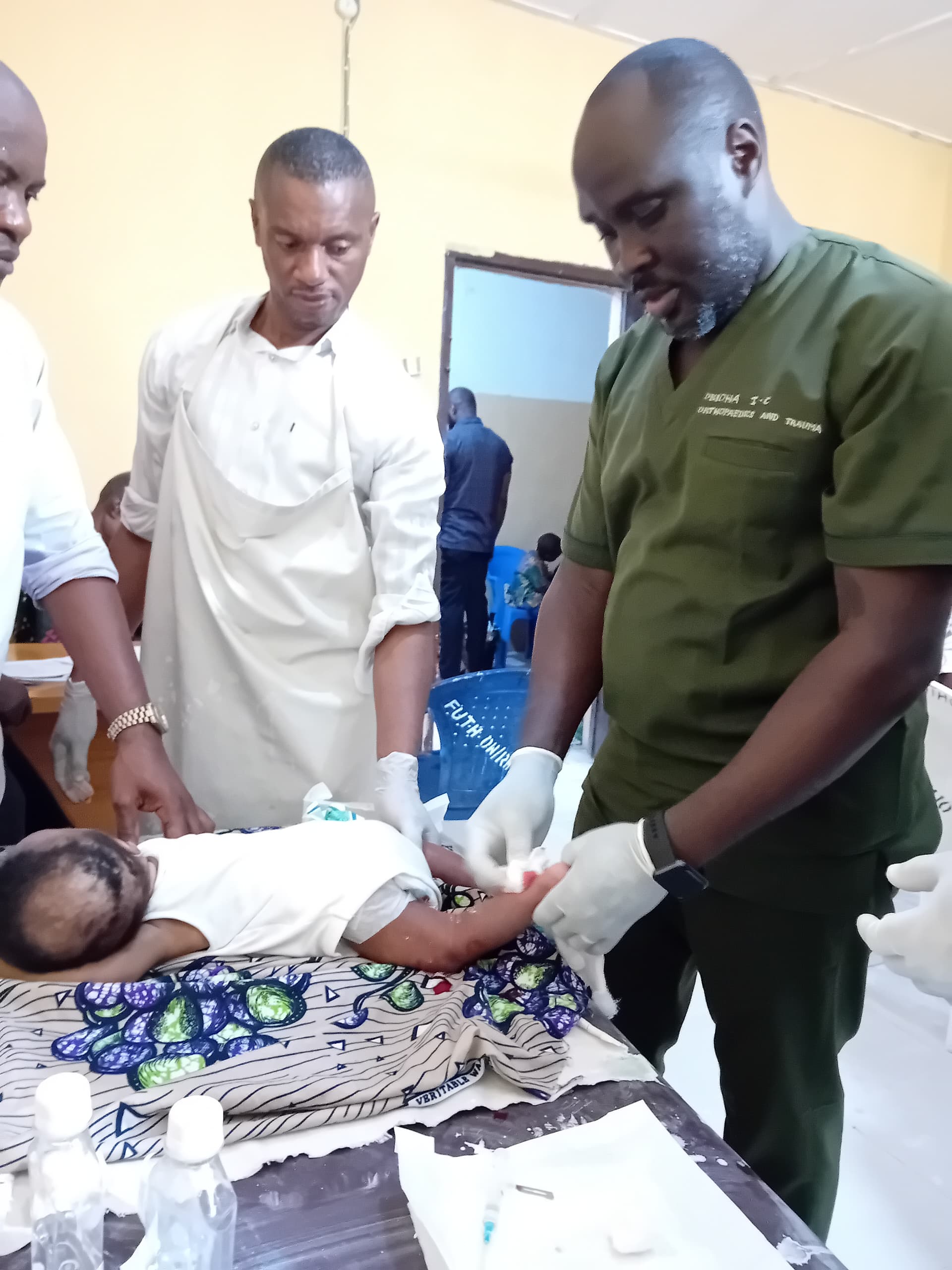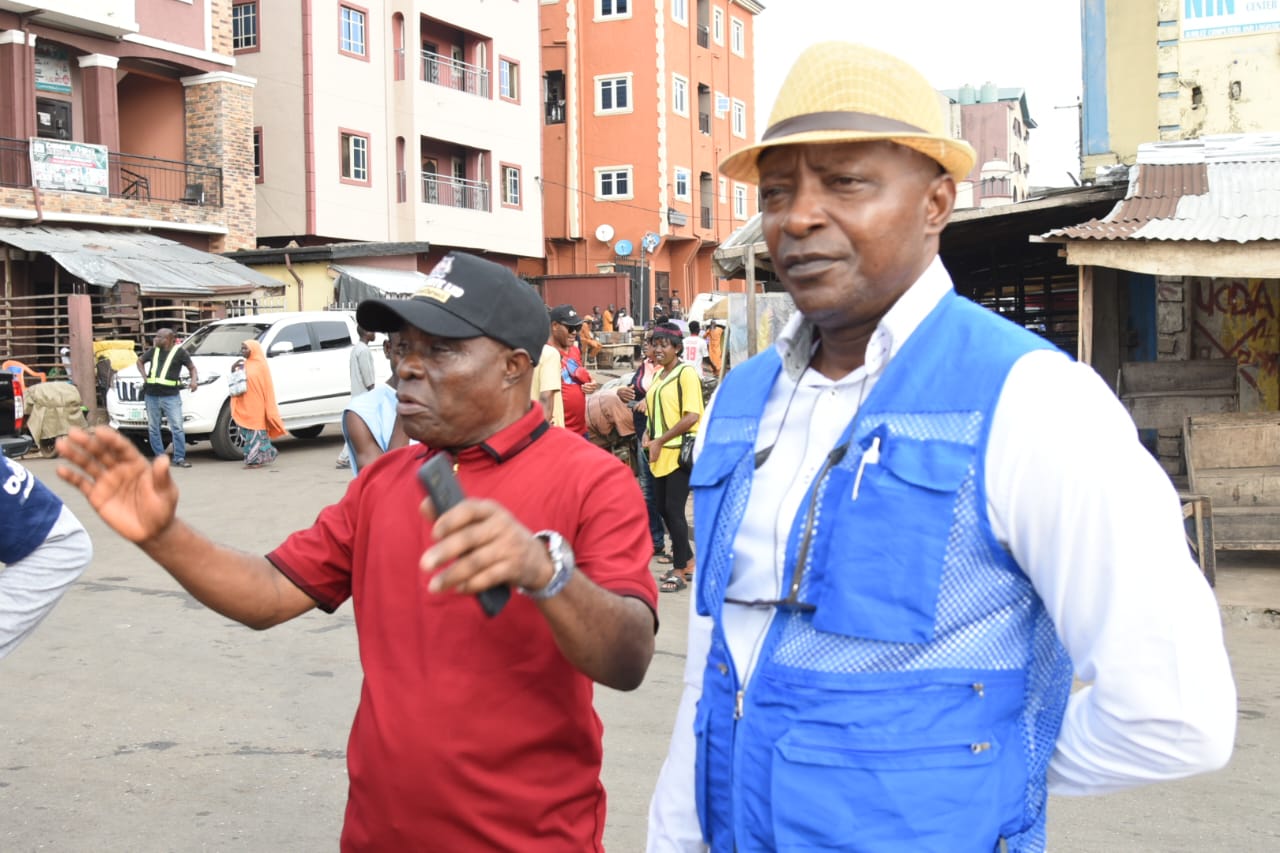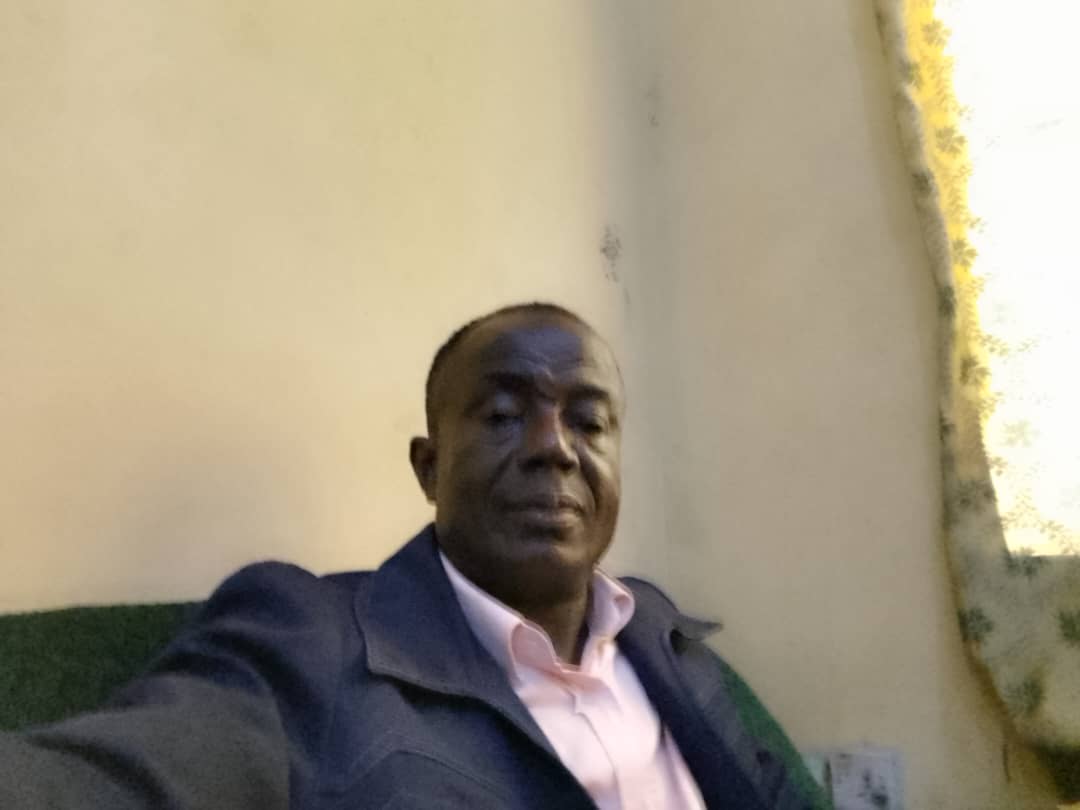
From TCNEWS
As the world marks National Moon Day, commemorating the historic Apollo 11 moon landing on July 20, 1969, an Igbo traditional chief, Chief Richard Harrison, and sociocultural leader, Chief James Nnadozie Uchegbuo, are calling for a different kind of lunar reflection, one rooted in tradition, values, and community.
Chief Richard Harrison, Chairman of the charity organization Harrison Goodness Foundation (HGF), shared his thoughts via WhatsApp in commemoration of the day. He urged communities across Nigeria, especially in the Southeast, to revive Egwu Onwa – moonlight storytelling and recreation. Harrison decried the abandonment of this cultural heritage, which he believes once instilled strong moral values, unity, and social cohesion among young people.
“Egwu Onwa was not just a pastime,” Harrison added. “It was a moral compass, a communal therapy that taught lessons of integrity, unity, and humanity. Today, those values are fading fast.”
He lamented that the decline of moonlight storytelling, once a staple evening activity in villages across the Southeast has contributed to the erosion of cultural identity and the rise of societal ills. According to him, the practice helped nurture team spirit, brotherhood, and intergenerational bonding, forming a social structure that promoted good behaviour and community development.
Now, he warns, the vacuum left by its decline is being filled by harmful influences. “Some people dismissed Egwu Onwa on flimsy grounds, associating it with superstition or immorality. But what have we replaced it with? A generation more exposed to internet vices, peer pressure, and broken family values,” he asked rhetorically.

Chief Harrison called on traditional rulers, village heads, parents, and community leaders to consider reintroducing Egwu Onwa in a modernized form. He stressed the need for a structured and sanitized approach to reviving the practice, adapting it to present realities while retaining its core values.
“It is not about going back in time,” he said. “It’s about adapting a timeless tradition to meet today’s challenges, bringing back storytelling, songs, communal games, and moral lessons under the moonlight. That is how we rebuild character in our children.”
While Uchegbuo calls for a cultural moonlight revival in a heartfelt interview from Umuahia on National Moon Day, the world celebrates the moment on July 20, 1969, when Neil Armstrong became the first human to walk on the moon, uttering the iconic words:
“That’s one small step for man, one giant leap for mankind.”
National Moon Day honours this achievement, reflecting not just on the space race but on humanity’s potential when unified under a shared mission. First declared as a national goal by U.S. President John F. Kennedy in 1961, the Apollo 11 mission was the culmination of years of innovation, courage, and global attention.
Today, the day is celebrated through educational events, film viewings such as Apollo 11 and First Man, and gatherings by astronomy enthusiasts. It also serves as a moment to discuss the future of space exploration, including efforts by private firms like SpaceX to expand human presence in space.
Engr. James Nnadozie Uchegbuo, President-General of the Igbo Vanguard Group and head of Ahuwa-Oboro Autonomous Community in Ikwuano LGA, Abia State, sees a powerful metaphor in the moon:
“The same moon that inspired space exploration also guided our stories, our values, and our unity. One represents technological advancement; the other, cultural grounding. We need both to move forward.”
“This call is a timely reminder to also look inward to our roots and build from the values that once held communities together,” Uchegbuo added. “In an age of rapid globalization and digital transformation, preserving indigenous culture is both a challenge and a necessity.”

His message highlights the urgency of restoring cultural practices that once formed the ethical foundation of society as the world looks skyward to celebrate space milestones.

